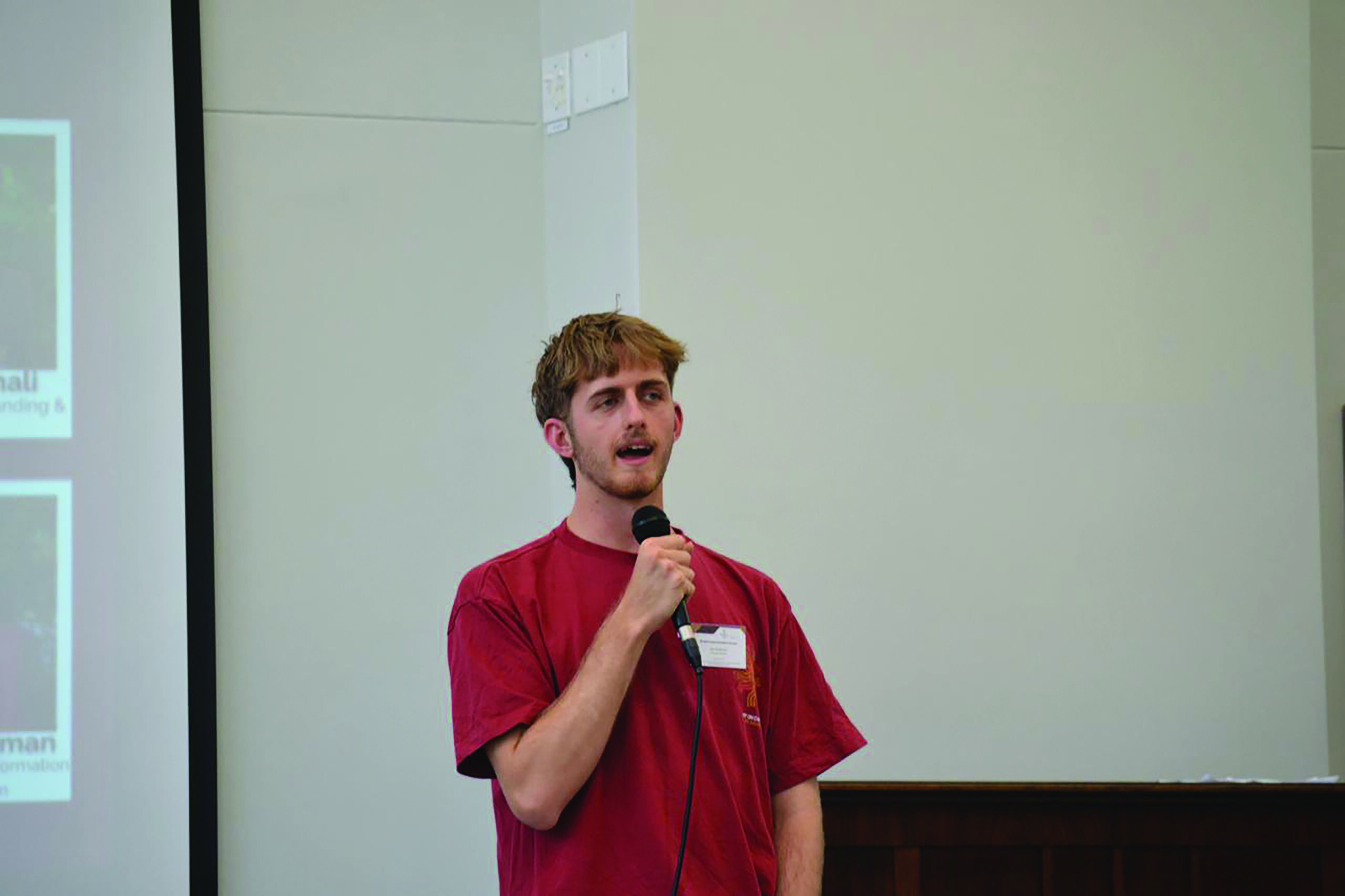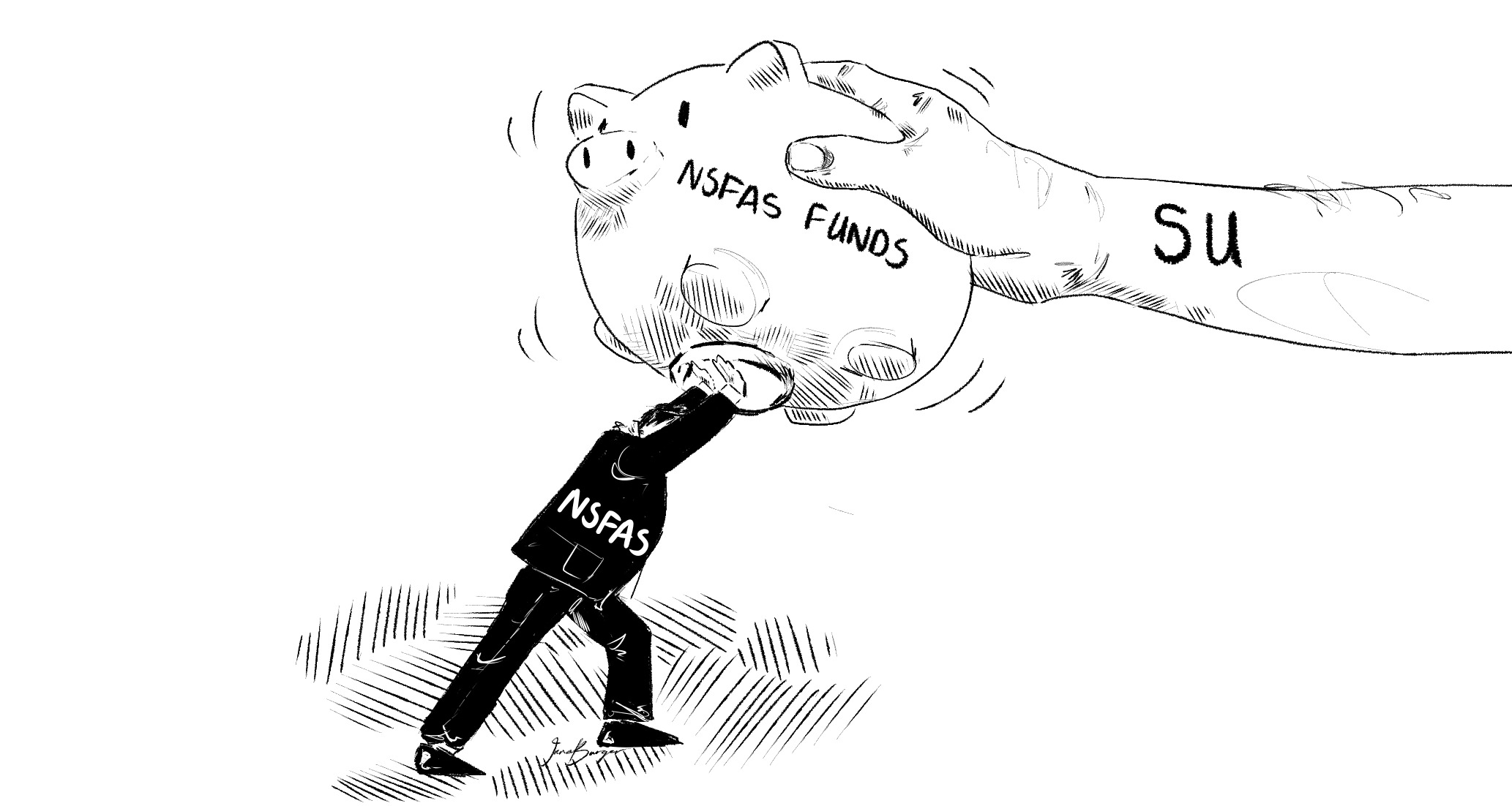BY BRYNLEY VAN AARD
Stellenbosch University (SU) students arrived back to some newly revised rules with regards to alcohol consumption on campus with SU Management deciding to tackle the so-called drinking culture by banning the sale of alcohol in residences.
“What we did this year is quite drastic, we banned the sale of alcohol in residences. Just like that,” Prof Arnold Schoonwinkel said in his welcoming speech for the newcomers last Thursday when touching on the university’s goal to combat substance abuse on campus this year. Martin Viljoen, SU Spokesperson, says there is an ongoing conversation about alcohol use in University residences, but added that all attention is now directed towards the welcoming of newcomer students.
“Further developments will follow when the seniors return. We are striving to have a deeper discussion about optimal culture of alcohol use and the appropriate rules in residences in this regard.”
On Monday, a week before all senior students are due to return, an email was sent out to all students with a new alcohol policy stating that the sale, consumption and storage of alcohol in university residences is banned with the ultimate aim to introduce a system where students’ Blood Alcohol Content is limited to 0,08%.
Johan Schoeman, speaker of Student Parliament, said that a trial period of six months has been instated by the university. In those six months parliament are to discuss the proposals and give feedback on their thoughts on the policy.
According to Schoeman, however, Parliament was told that the policy would only be shared after discussions have been scheduled. According to Dr Choice Makhetha, Senior Director of Student Affairs, alcohol consumption in residences will merely be “paused”. “The six months starting now, January – June 2020, is for an in-depth discussion about the spaces alcohol is allowed into and not, and for these discussions, there is a pause on using alcohol in residences,” Makheta says.
There have been concerns that banning alcohol in residences will lead to unsafe drinking practices around town and Tiaan Loots, a Wilgenhof HK, says that the potential outright banning is not very wise as it could lead to alcohol consumption in dangerous yellow and red areas instead of in green, safe areas.
“With the blood alcohol content, if someone was to go out for a few drinks, where does the university expect us to sleep as we are not allowed to exceed a blood alcohol content of 0,08%,” Loots says. The effects of this policy during the trial period will be largely felt by SU men’s residences, all of whom have annual events where alcohol is sold.
The Simonsberg Met, the first of these events, will be held in February and will be alcohol-free. Hadrick Coertze, the Prim of Simonsberg says the alcohol ban will not be the end of the Simonsberg Met. “This year is the 58th Met, so it really has survived the various climates since it started. The purpose of Met has always revolved around involving our newcomers and the newcomers of other residences with other aspects of the Met and the fact that there won’t be alcohol for sale really won’t change that.”
A task-team, chaired by Dr Munita Dunn-Coetzee at the Centre for Student Counselling and Development (CSCD), has been assembled to work on the Policy on Substance and Alcohol Use. Makhetha says that students are represented on the task team and that it hopes to complete its work later this year.
According to senior management at the end of June 2020, Student Affairs will be able to make a longer-term decision on alcohol, after taking all input into account.



